Do you ever wonder if that impressive-looking diploma certificate on someone’s office wall is the real deal? In today’s competitive job market, the temptation to use fake diploma certificates to enhance one’s credentials is a real and concerning trend. But what are the hidden risks associated with these fraudulent documents? And how can you spot and avoid falling victim to them? In this article, we will shed light on the dark side of fake diploma certificates and provide you with essential tips on how to identify them. From examining the details to analyzing the accreditation, we will uncover the telltale signs of a phony certificate. Additionally, we will explore the potential consequences individuals may face when caught red-handed and how this can impact their professional careers. It’s not all doom and gloom, though. We will also discuss proactive steps you can take to protect yourself against these risks and the resources available to verify the authenticity of academic credentials. So, join us as we expose the hidden dangers of fake diploma certificates and empower you with the knowledge to navigate this complex landscape.
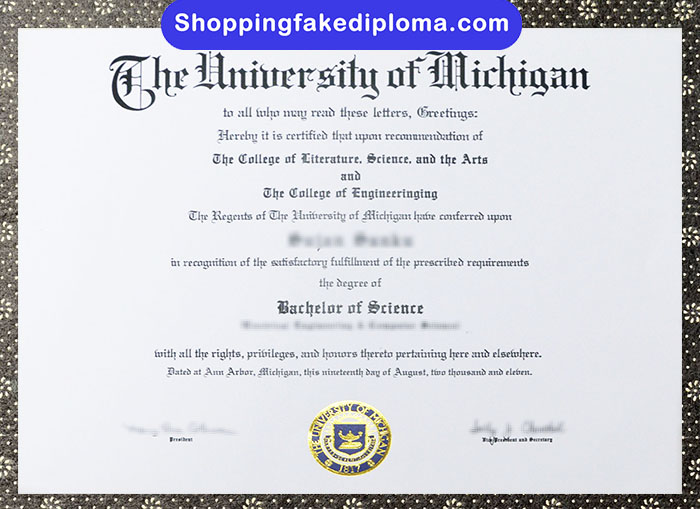
Exposing the Hidden Risks of Fake Diploma Certificates: How to Spot, Avoid, and Overcome the Pitfalls
Do you ever wonder if that impressive-looking diploma certificate on someone’s office wall is the real deal? In today’s competitive job market, the temptation to use fake diploma certificates to enhance one’s credentials is a real and concerning trend. But what are the hidden risks associated with these fraudulent documents? And how can you spot and avoid falling victim to them?
In this article, we will shed light on the dark side of fake diploma certificates and provide you with essential tips on how to identify them. From examining the details to analyzing the accreditation, we will uncover the telltale signs of a phony certificate. Additionally, we will explore the potential consequences individuals may face when caught red-handed and how this can impact their professional careers.
It’s not all doom and gloom, though. We will also discuss proactive steps you can take to protect yourself against these risks and the resources available to verify the authenticity of academic credentials. So, join us as we expose the hidden dangers of fake diploma certificates and empower you with the knowledge to navigate this complex landscape.
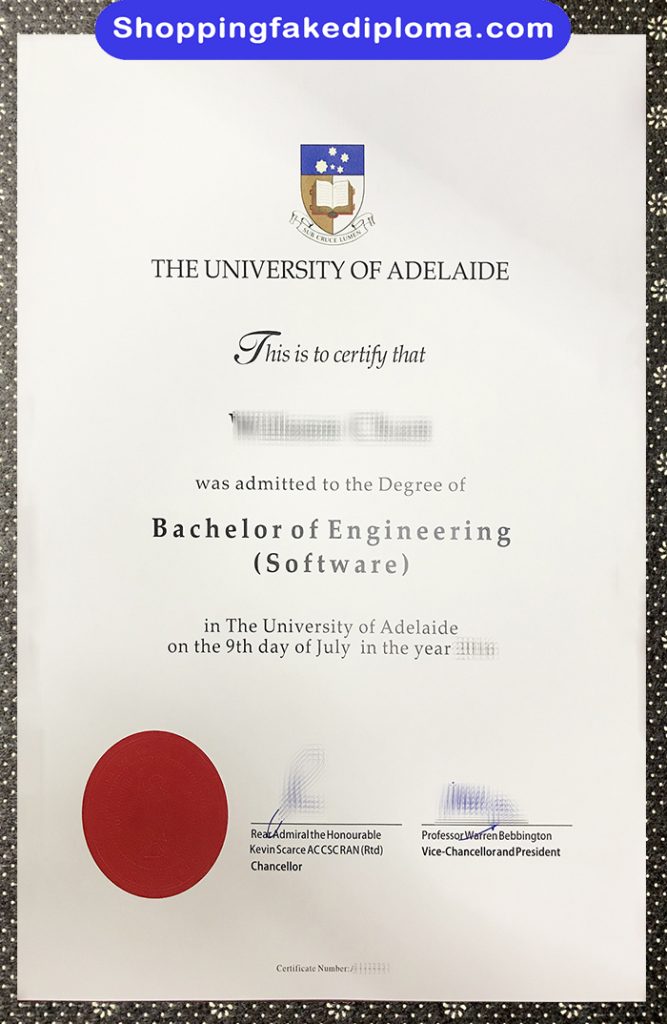
The prevalence of fake diploma certificates
The rise in the availability of fake diploma certificates has become a growing concern in recent years. With the advancement of technology, it has become easier for individuals to create convincing replicas of genuine educational documents. These fake certificates can be obtained from a variety of sources, ranging from shady online vendors to sophisticated forgery networks.
The demand for these counterfeit diplomas is fueled by various factors, such as the pressure to secure high-paying jobs or advance in one’s career. In a highly competitive job market, where employers often prioritize candidates with impressive educational backgrounds, some individuals resort to using fake diploma certificates as a shortcut to success. However, this deceptive practice comes with significant risks and consequences.
Fake diploma certificates not only deceive potential employers or academic institutions but also undermine the credibility of genuine educational achievements. They erode trust in the value of qualifications and compromise the integrity of the entire education system. It is crucial to understand the risks involved and take appropriate measures to protect yourself and your professional reputation.
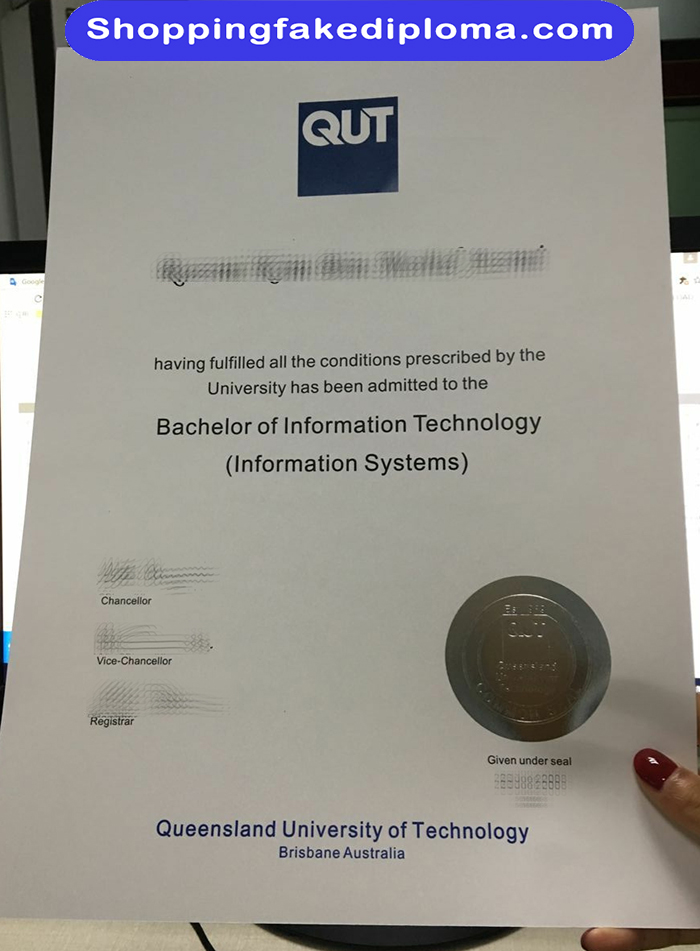
Risks and consequences of using fake diploma certificates
Using a fake diploma certificate may seem like a quick solution to secure a job or gain recognition, but the risks and consequences far outweigh any potential benefits. Employers and academic institutions are becoming increasingly vigilant in verifying the authenticity of credentials, making it more likely for individuals with fake diplomas to be caught.
One of the most significant risks individuals face when using a fake diploma certificate is reputational damage. Once the truth is uncovered, the individual’s professional credibility is shattered, and their chances of future employment or career advancement are severely jeopardized. The damage to their personal brand can be long-lasting, making it challenging to rebuild trust and credibility in the job market.
Moreover, using a fake diploma certificate can lead to legal consequences. In many jurisdictions, the forgery and use of fraudulent documents are considered criminal offenses. Individuals caught using fake diplomas may face fines, imprisonment, or both, depending on the severity of the offense and the applicable laws in their respective countries or states.
It is essential to consider the ethical implications as well. Using a fake diploma certificate undermines the principles of honesty, integrity, and fairness. It not only deceives employers but also cheats deserving candidates who have worked hard to earn genuine qualifications. The impact of these actions goes beyond individual gain and has broader societal implications.
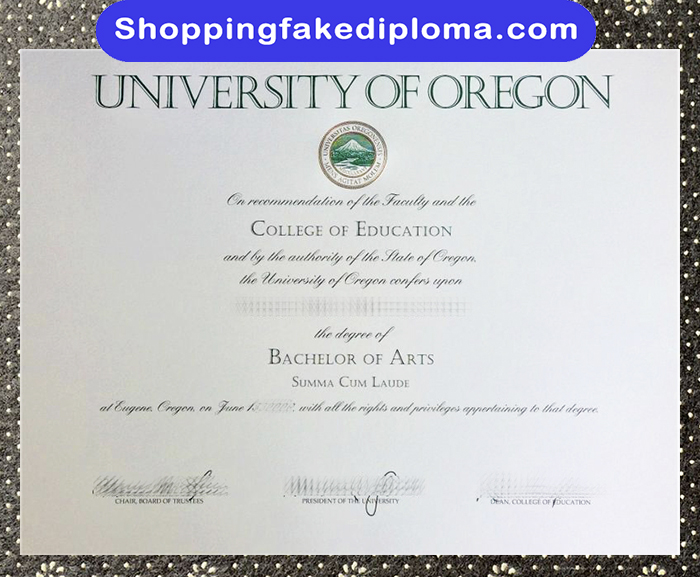
How to spot a fake diploma certificate
Spotting a fake diploma certificate requires attention to detail and a keen eye for discrepancies. Here are some key indicators to look out for when examining a diploma certificate:
1. Inconsistencies in design and layout: Genuine diploma certificates often follow specific design standards set by educational institutions. Look for any inconsistencies in the logo, font, spacing, or overall layout of the certificate. Fake certificates may have noticeable errors or deviations from the standard design.
2. Poor quality printing: Authentic diploma certificates are usually printed using high-quality materials and techniques. Look for signs of low-resolution printing, visible pixels, or smudged ink. Genuine certificates often have crisp and clear printing, while fake ones may appear blurry or distorted.
3. Misspellings or grammatical errors: Pay close attention to the text on the certificate. Genuine diploma certificates are proofread carefully, and errors are rare. Look for any misspelled words, grammatical mistakes, or awkward phrasing, as these can be red flags indicating a fake certificate.
4. Lack of security features: Authentic diploma certificates often incorporate various security features to prevent forgery. These may include holograms, embossed seals, watermarks, or special inks. Examine the certificate closely for these features and compare them to known genuine certificates.
5. Verification of accreditation: One of the most reliable ways to spot a fake diploma certificate is by verifying the accreditation of the issuing institution. Research the educational institution and check if it is recognized and accredited by relevant authorities. Cross-reference the details on the certificate with official records to ensure legitimacy.
Remember that these indicators are not foolproof, and some counterfeit certificates may be highly convincing. If you have any doubts or suspicions, it is always best to consult with professionals who specialize in document authentication or contact the issuing institution directly.
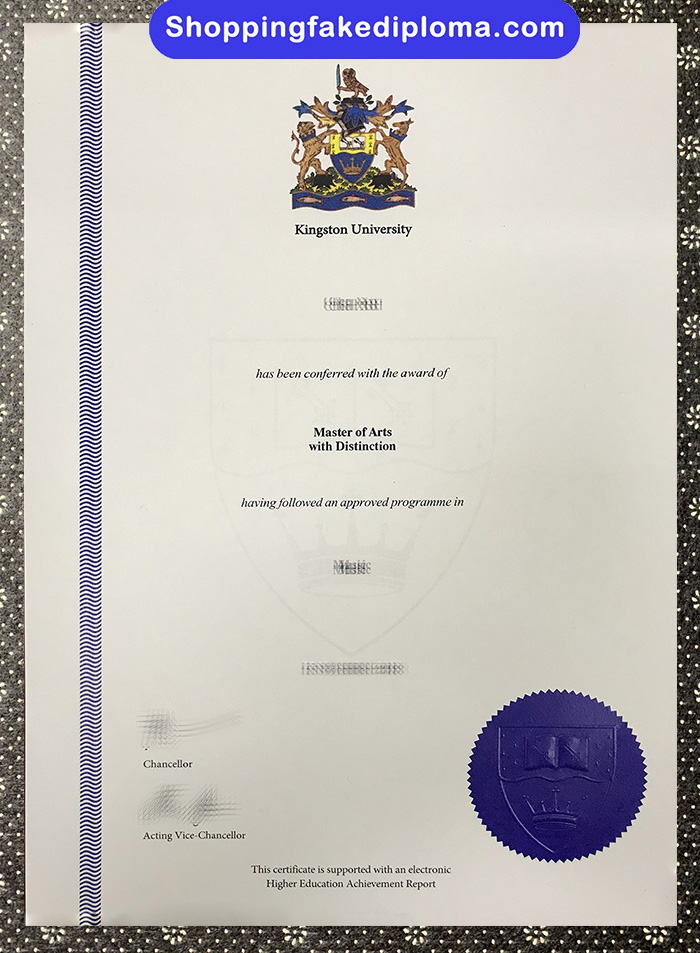
Avoiding the pitfalls of fake diploma certificates
The best way to avoid the pitfalls of using fake diploma certificates is to prioritize genuine education and qualifications. Instead of resorting to fraudulent means, consider the following steps:
1. Invest in quality education: Focus on obtaining a legitimate education from accredited institutions. Quality education not only equips you with knowledge and skills but also provides you with recognized credentials that have value in the job market.
2. Continuously upskill and improve: In a rapidly evolving world, continuous learning and professional development are essential. Stay updated with industry trends, acquire new skills, and pursue certifications or advanced degrees that enhance your expertise.
3. Network and build genuine connections: Building a strong professional network can open doors to opportunities. Connect with industry professionals, attend conferences or seminars, and actively engage in relevant communities. Genuine connections can vouch for your skills and qualifications, making fake diplomas unnecessary.
4. Seek internships or apprenticeships: Practical experience is highly valued by employers. Seek internships or apprenticeships to gain hands-on training and exposure to real-world scenarios. This not only enhances your skill set but also adds credibility to your resume.
By focusing on legitimate education, continuous improvement, networking, and gaining relevant experience, you can build a solid foundation for a successful career without the need for fake diploma certificates.
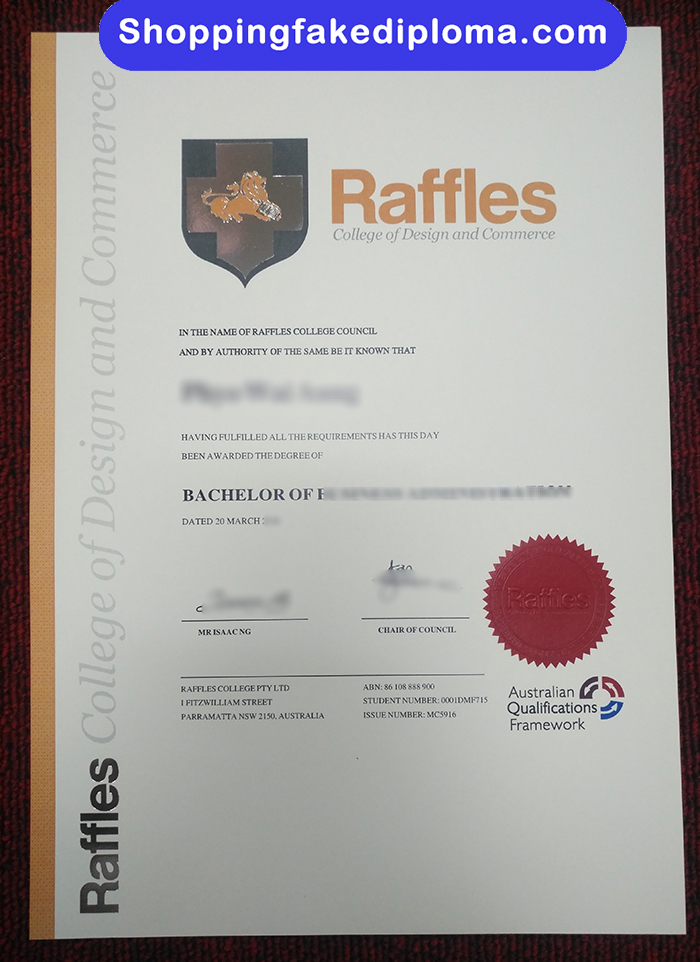
Overcoming the challenges of having a fake diploma certificate
If you have already used a fake diploma certificate and find yourself facing the consequences, it is crucial to take immediate action. Here are some steps you can consider:
1. Admit the mistake and take responsibility: Acknowledge the gravity of the situation and take full responsibility for your actions. Accepting your mistake and demonstrating genuine remorse can help in the process of rebuilding trust and credibility.
2. Apologize and make amends: Reach out to individuals or organizations affected by your actions and apologize sincerely. Offer to rectify any damage caused and take proactive steps to rectify the situation.
3. Obtain legitimate qualifications: If you are lacking the necessary qualifications for your desired career path, consider pursuing legitimate education or certifications. Demonstrating a commitment to genuine qualifications can help rebuild your professional reputation over time.
4. Seek professional guidance: Consult with career counselors, legal professionals, or coaches who specialize in reputation management and career recovery. They can provide valuable advice and guidance on navigating the challenges you may face.
Remember, overcoming the challenges of having a fake diploma certificate requires time, effort, and a genuine commitment to personal growth and improvement. With perseverance and the right support, you can rebuild your professional reputation and open doors to new opportunities.
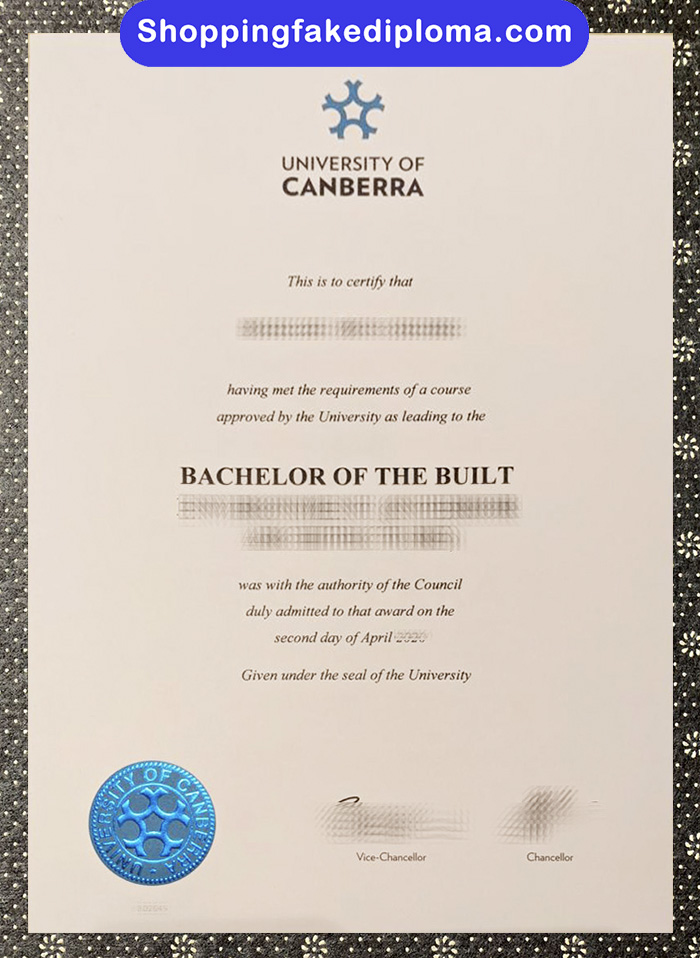
The importance of genuine education and qualifications
In a world increasingly driven by knowledge and expertise, the importance of genuine education and qualifications cannot be overstated. Employers, academic institutions, and society at large rely on the credibility of credentials to make informed decisions. Genuine qualifications not only validate your knowledge and skills but also reflect your commitment to personal and professional growth.
Genuine education provides a solid foundation for success, equipping individuals with the necessary knowledge, critical thinking abilities, and practical skills to excel in their chosen fields. It builds confidence, credibility, and opens doors to a wide range of opportunities.
While it may be tempting to take shortcuts or resort to fraudulent means, the long-term consequences far outweigh any short-term gains. Investing in genuine education and qualifications is an investment in your future, ensuring a strong and sustainable career path.
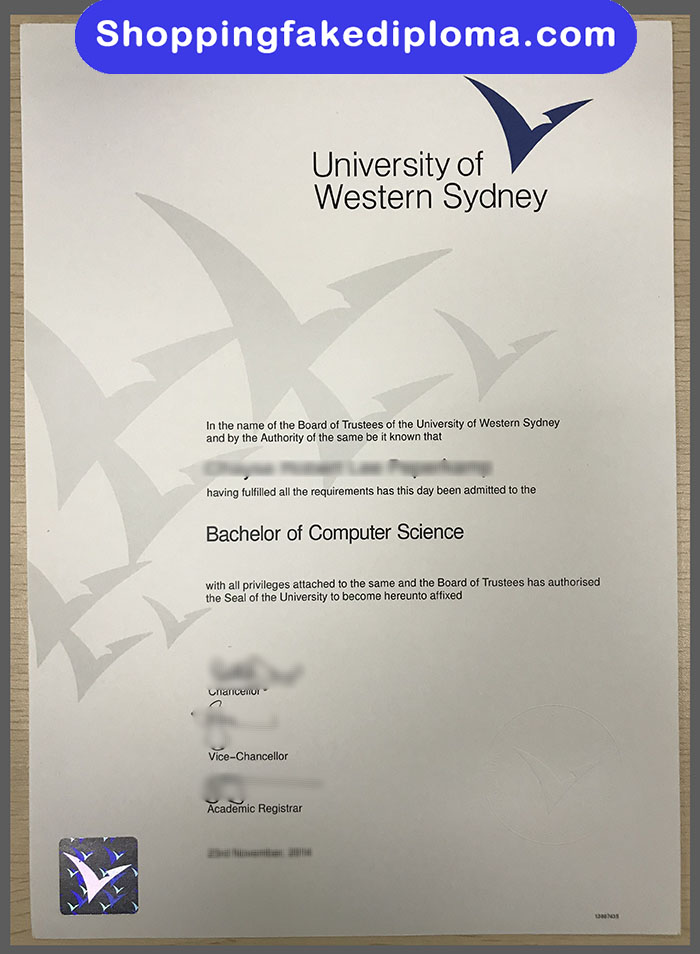
Resources for verifying the authenticity of diploma certificates
Verifying the authenticity of diploma certificates can be a challenging task, particularly with the increasing sophistication of fake documents. However, several resources and tools are available to help you in this process. Here are a few:
1. Educational institutions: Contact the issuing educational institution directly to verify the authenticity of a diploma certificate. Provide them with the necessary details, and they can cross-reference their records to confirm the legitimacy of the document.
2. Professional associations or licensing bodies: Some professions require specific qualifications or licenses. Contact the relevant professional associations or licensing bodies to verify the credentials of individuals claiming to hold these qualifications.
3. Third-party verification services: Several reputable third-party verification services specialize in authenticating educational documents. These services employ experts who examine various aspects of the certificate, including design, security features, and accreditation.
4. Online databases and registries: Some countries maintain online databases or registries where individuals can verify the authenticity of their diploma certificates. These databases often provide a search function that allows employers or other interested parties to verify educational credentials.
It is essential to conduct thorough research and utilize reliable resources when verifying the authenticity of diploma certificates. By taking the necessary steps to verify qualifications, employers and academic institutions can maintain the integrity of their selection processes, ensuring that deserving candidates are recognized and rewarded.
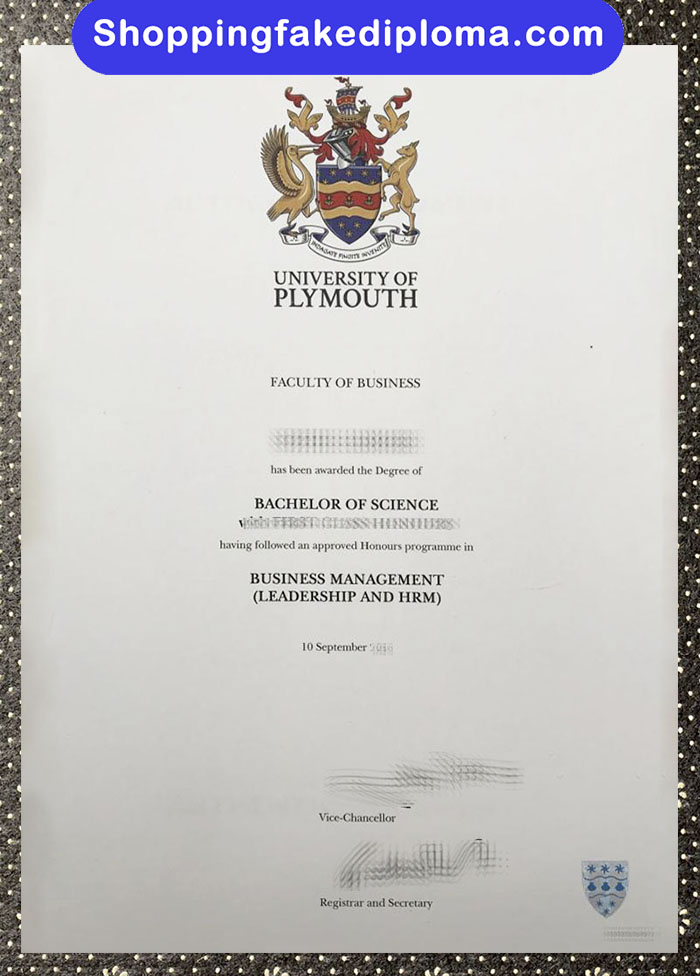
Legal consequences of using fake diploma certificates
Using fake diploma certificates can have severe legal consequences, depending on the jurisdiction and applicable laws. The forgery and use of fraudulent documents are generally considered criminal offenses, with penalties ranging from fines to imprisonment.
In many countries, using a fake diploma certificate to secure employment can be classified as fraud or misrepresentation. These offenses may carry significant penalties, including fines, probation, community service, or even imprisonment. Repeat offenses or involvement in organized forgery networks can lead to more severe consequences.
It is important to note that legal consequences can vary depending on the jurisdiction and the specific circumstances of the case. It is always advisable to consult with legal professionals who specialize in this area to understand the potential legal ramifications in your particular situation.
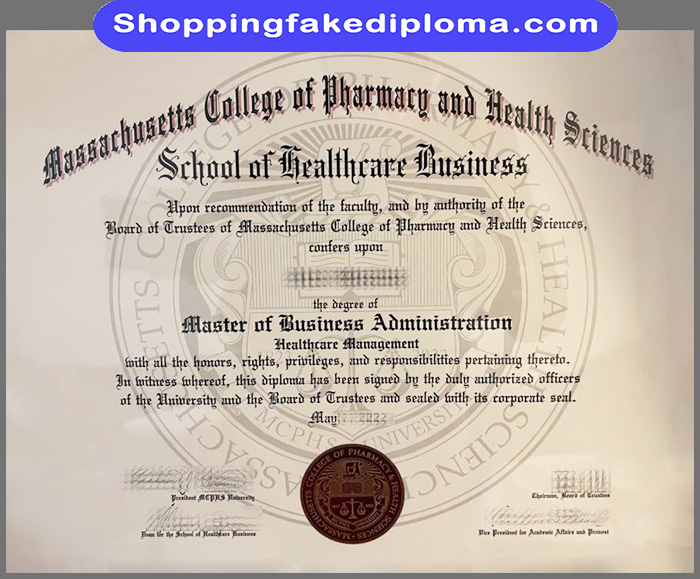
Conclusion: Choosing the right path to success
In a world where competition for jobs and recognition is fierce, it is crucial to choose the right path to success. Fake diploma certificates may seem like a shortcut, but they come with hidden risks and severe consequences. They not only deceive potential employers but also compromise the integrity of the education system and undermine the achievements of deserving candidates.
Instead of resorting to fraudulent means, prioritize genuine education, continuous learning, and professional development. Build a strong network, seek relevant experience, and invest in recognized qualifications. By choosing the right path, you can build a successful career based on integrity, credibility, and genuine achievements.
Remember, success is not measured solely by the certificates on your wall but by the knowledge, skills, and character you possess. Embrace genuine education, commit to personal growth, and let your true qualifications shine.